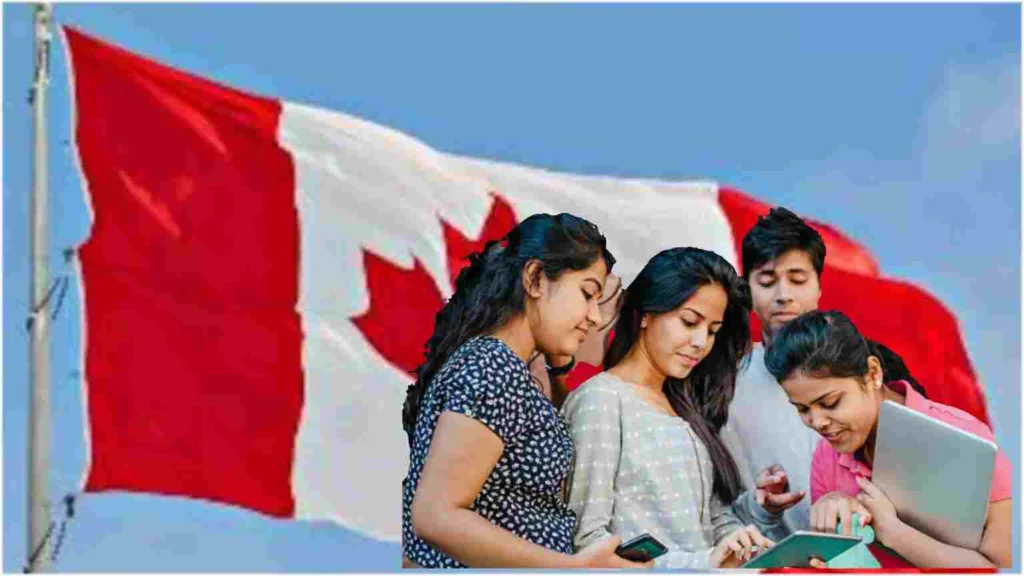Drastic drop in Indian student visas for Canada, no rebound soon

Drastic drop in Indian student visas for Canada, no rebound soon (Representational Image )
In an unexpected turn of events, diplomatic tensions between Canada and India have cast a shadow on the education prospects of Indian students seeking to study in Canada. The dispute, ignited by Canadian Prime Minister Justin Trudeau’s accusations linking Indian government agents to a Khalistani terrorist’s killing, has led to a ripple effect impacting international education.
The fallout has seen an alarming 86% decline in study permits issued to Indian students during the fourth quarter of the last year, dropping from 108,940 to 14,910.
The controversy took root in June when Trudeau made bold claims of evidence linking Indian government agents to the killing of Hardeep Singh Nijjar, a Khalistani terrorist in British Columbia. This assertion not only triggered a diplomatic clash but also led to a significant shift in the dynamics between the two nations. In October, Canada had to recall 41 diplomats, amounting to two-thirds of its staff, following directives from New Delhi, further intensifying the standoff.
Impact on student permits:
The repercussions of strained diplomatic relations are vividly reflected in the startling drop in study permits issued to Indian students. The expulsion of Canadian diplomats from India disrupted the processing of permits and a subsequent decline in applications from Indian students exacerbated the situation. The latest official data reveals the drastic reduction, highlighting the magnitude of the issue.
In 2023, the government projected that some 900,000 international students would study in Canada that year, about three times that of a decade ago. Miller said 40% of those students – or some 360,000 – were Indian. The number of permits given to Indian students declined by 4% last year, but they remained the largest group.
Minister’s Perspective:
Immigration Minister Marc Miller acknowledged the challenges posed by the strained relationship, stating, “Our relationship with India has really halved our ability to process a lot of applications from India.” He emphasized the uncertainty surrounding the progress of relations between the two countries and hinted at potential measures to manage the influx of international students.
Future Measures:
Miller indicated that the Canadian government is contemplating steps to address the current situation. Plans include introducing measures in the first half of the year to control the intake of international students, potentially through a cap on numbers. Additionally, concerns related to postgraduate work permits and a crackdown on unaccredited universities are on the government’s agenda.
Global Implications:
The repercussions extend beyond individual students to impact the broader educational landscape, considering that Indians constitute the largest group of international students in Canada. The potential cap on international student numbers and the strained processing capabilities pose a challenge for Canadian universities, which heavily rely on the contributions of international students, generating approximately $16.4 billion annually.
The diplomatic dispute has inadvertently disrupted the educational aspirations of Indian students eyeing Canada as a destination for higher studies. As the fallout continues, the Canadian government faces the delicate task of balancing diplomatic relationships while sustaining the economic and educational contributions of international students. The future trajectory of this situation remains uncertain, raising concerns among students and educational institutions alike.











